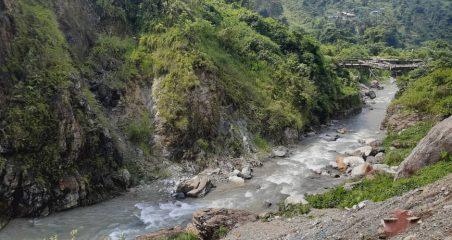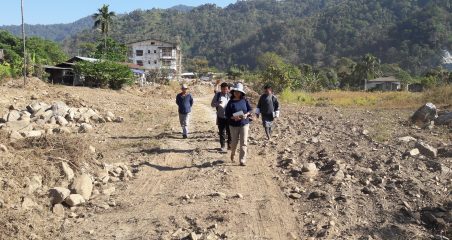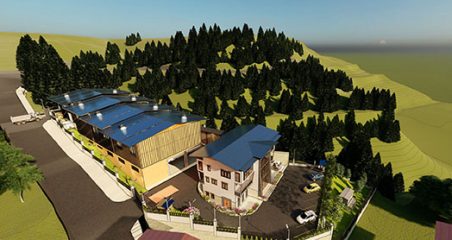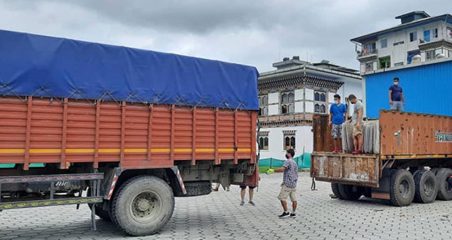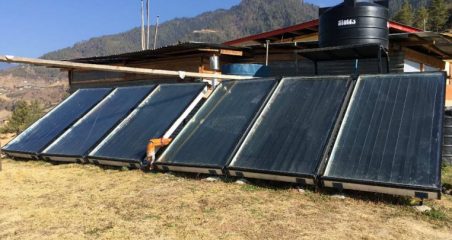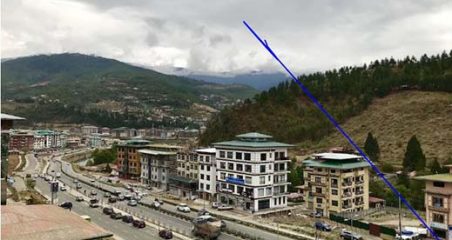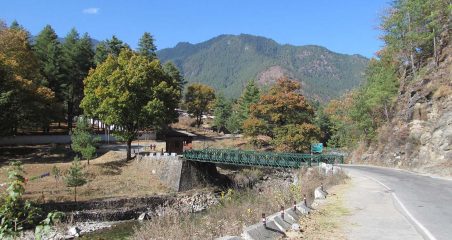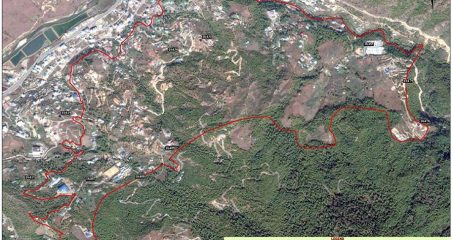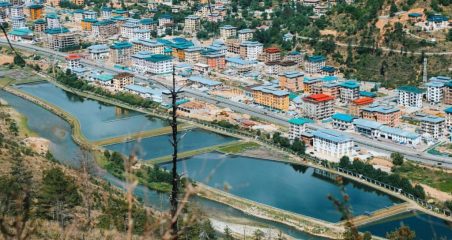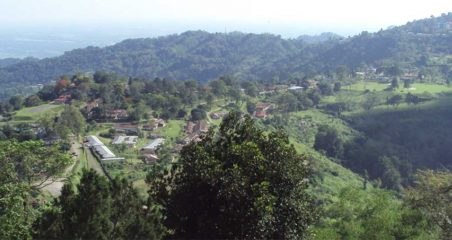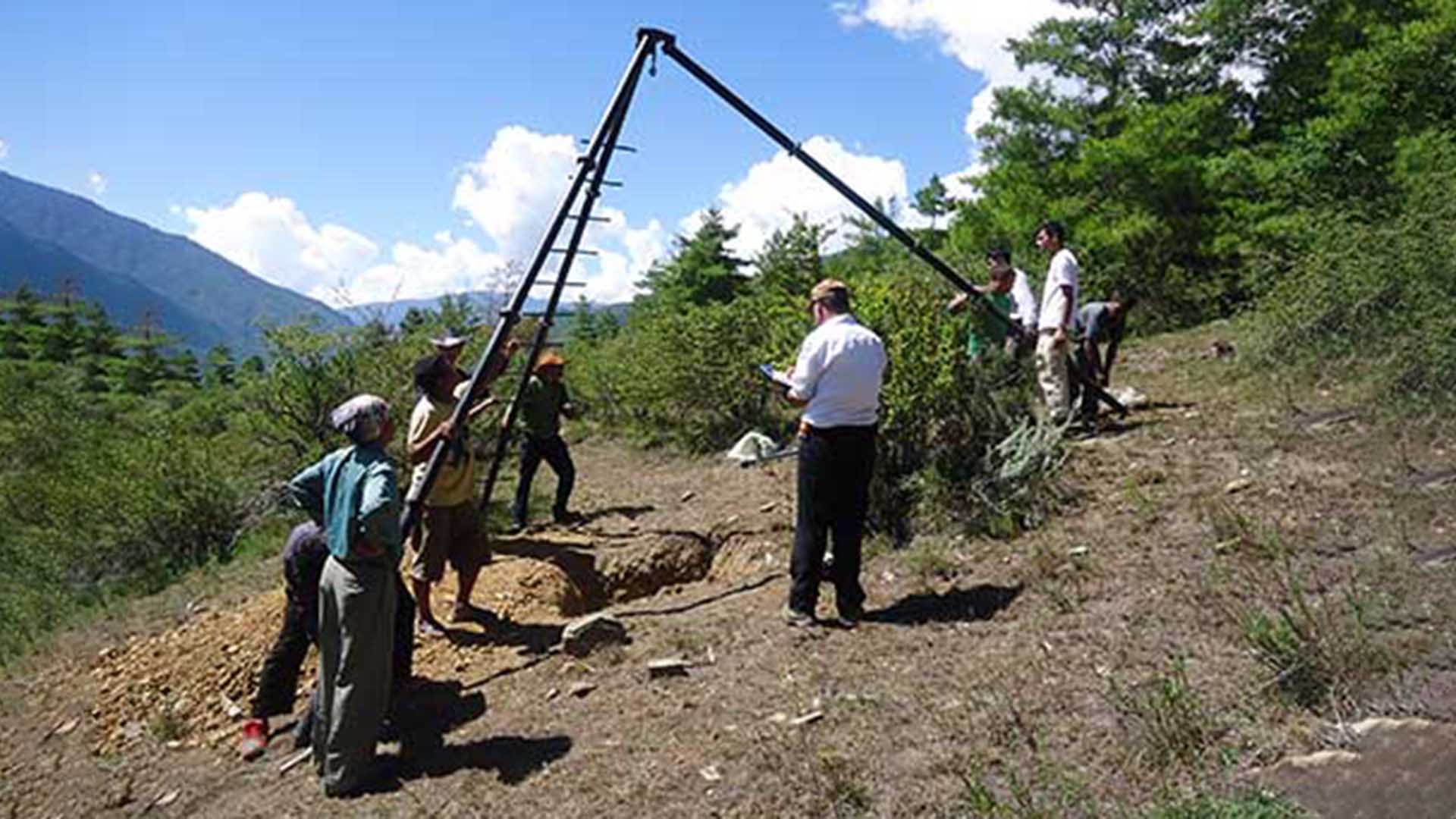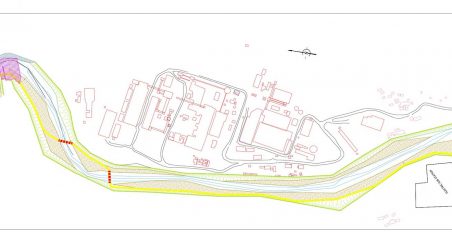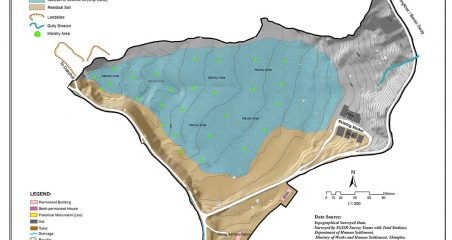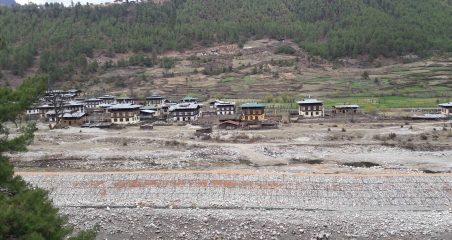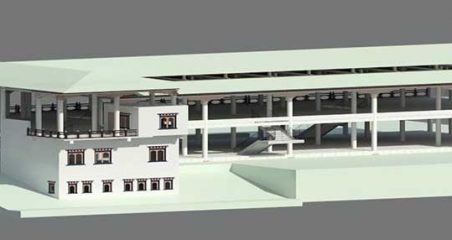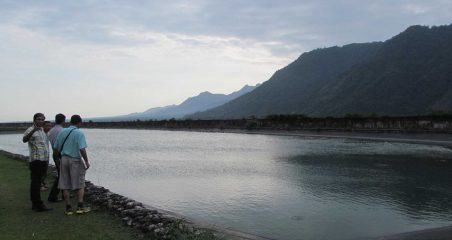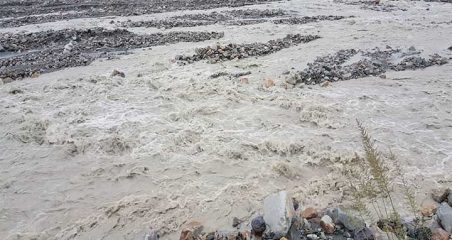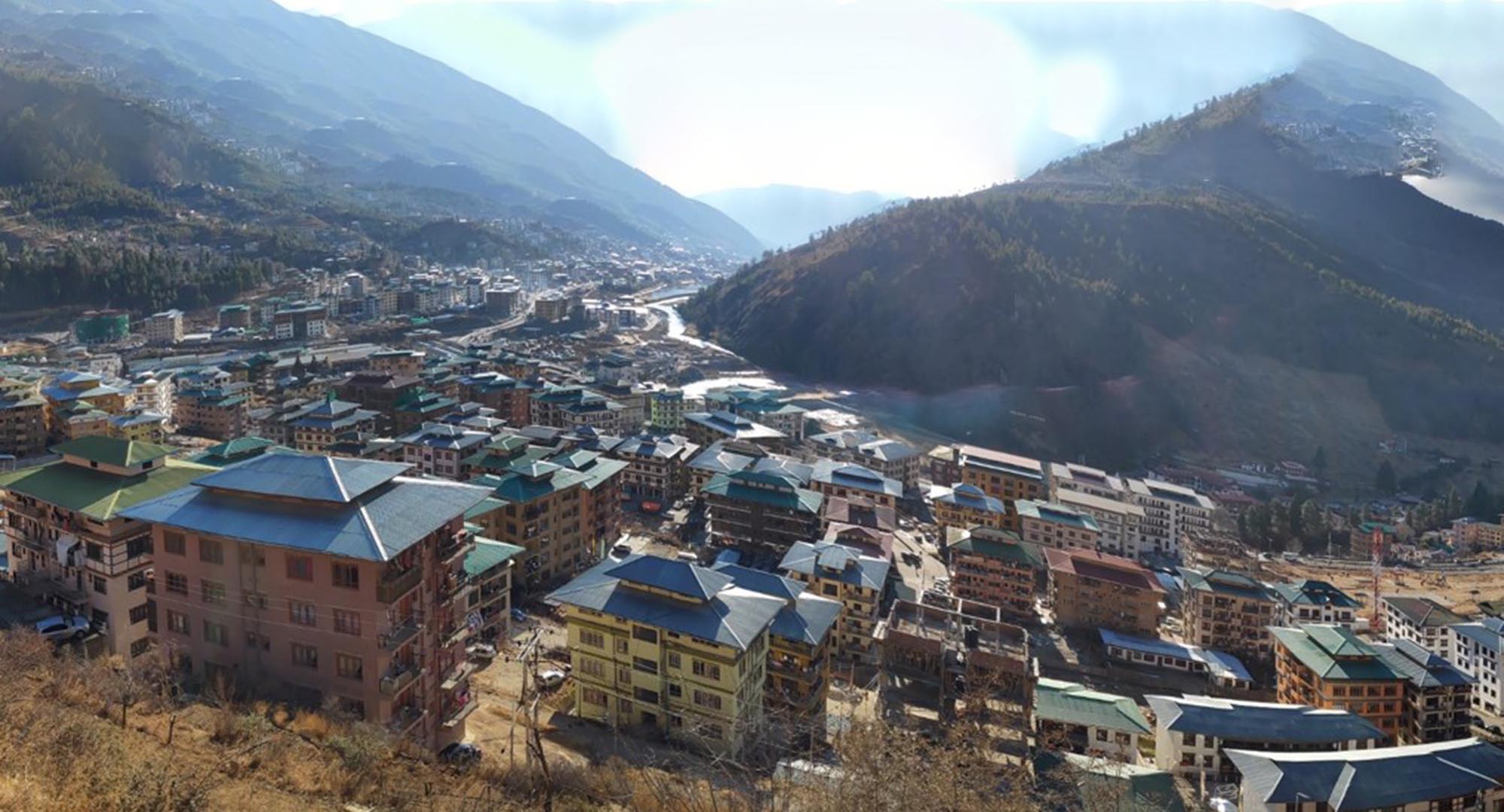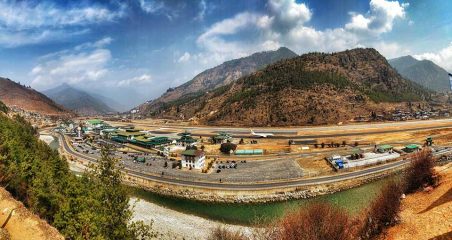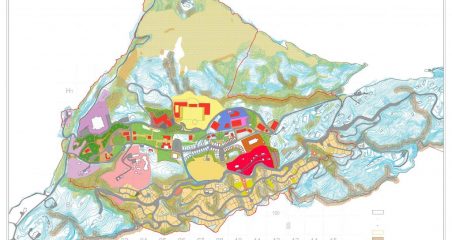Bhutan realized that the key to progressive growth lied in a strong infrastructure creation. Moving away from the conventional rural infrastructure to urban development has however been an interesting case for Bhutan. While majority of the country has the opportunity to plan and design well suited urban centers, the key strategic urban centers such as Thimphu, and Phuentsholing have been facing numerous challenges for urban improvement amidst the geographic feature and established settlements.
APECS has been a front runner in urban infrastructure planning and design. From applying concepts of new urbanism and climate resilient designs for upcoming urban centers in Bhutan, to finding solutions for the recurring storm water management issues, or waste management, APECS has been a key consulting partner in pragmatic designing and quality supervision of urban projects.
Key Focus Areas
- Urban planning and design
- Affordable housing planning
- Urban infrastructure design
- Urban infrastructure construction supervision
- Climate resilient solution
- Waste management
- Urban transport mobility


